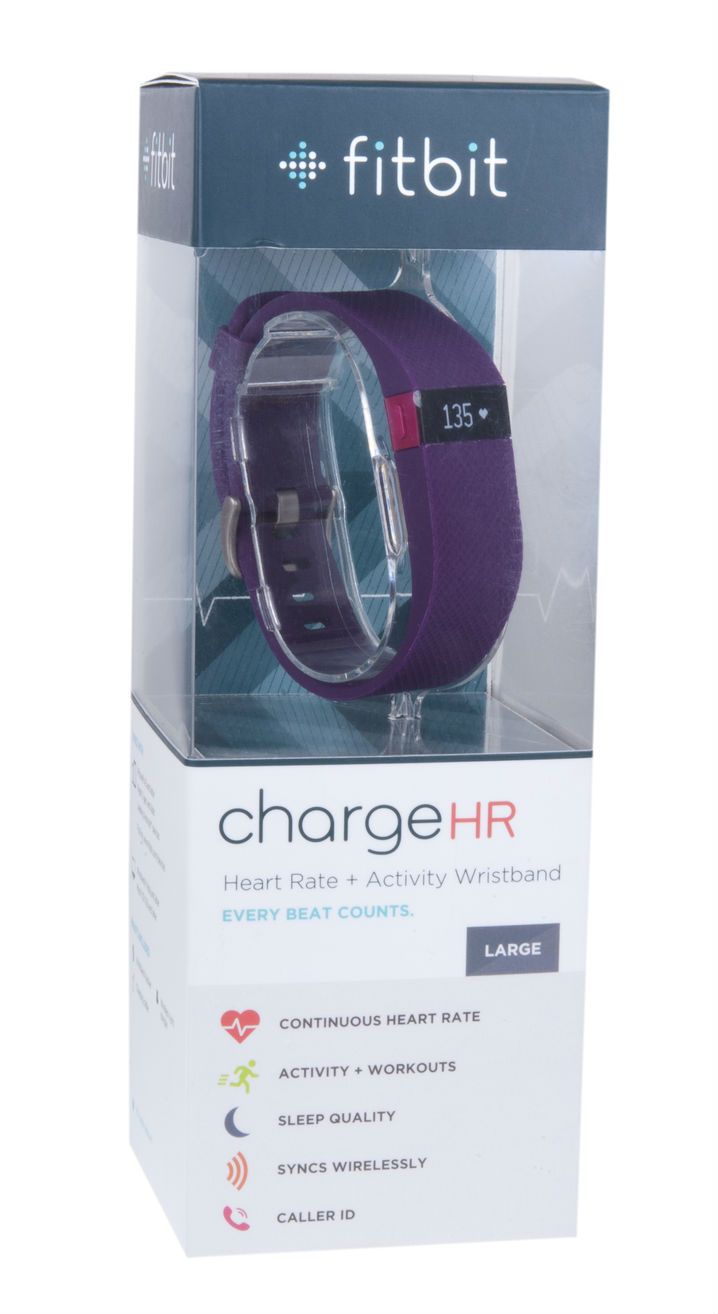Top Class Actions’s website and social media posts use affiliate links. If you make a purchase using such links, we may receive a commission, but it will not result in any additional charges to you. Please review our Affiliate Link Disclosure for more information.

In a letter to U.S. District Judge James Donato, the plaintiffs say defendant Fitbit Inc. is trying to dodge its obligations under an August 2016 discovery agreement requiring the defendant to produce documents that address “how the terms of service and the arbitration clause were to be presented and explained to customers.”
Plaintiffs are asking the judge to order Fitbit to produce the disputed documents and to designate a witness who will testify about that subject.
Fitbit claims the evidence it has already produced satisfies that particular requirement even though that evidence was produced in response to other discovery requirements, according to the plaintiffs.
After much back-and-forth with the plaintiffs, Fitbit now says it has satisfied its discovery requirements by divulging the different iterations of the Terms of Service and by producing documents that show how those terms were and are presented during the registration process.
In their Fitbit class action lawsuit filed in January 2016, plaintiffs Kate McLellan, Teresa Black and David Urban claim the PurePulse technology used in Fitbit’s fitness trackers reports “wildly inaccurate” heart beat results.
They claim Fitbit results can be off by almost 20 beats per minute, and they say the inaccuracy appears to get worse at more intense levels of exertion.
Plaintiffs now say that by withholding evidence, Fitbit is just “dragging its heels” in hopes of stalling discovery until the court makes a decision on a distinct but related issue – specifically, whether the very question of arbitrability should be decided by an arbitrator or by the court.
Plaintiffs argue the court should decide whether or not to send the claims to arbitration, since the Fitbit terms of service lack clear and unmistakable language clarifying who makes that call. Fitbit says an arbitrator should get to make that decision.
The plaintiffs filed an amended complaint in May 2016, adding a reference to a study by Cal Poly researchers that allegedly found significant inaccuracies in Fitbit results.
The researchers compared reported results from Fitbit trackers using PurePulse technology to results from an electrocardiogram.
The Fitbit results reportedly differed from the EKG results by an average of 19.2 beats per minute. Some trackers apparently recorded no heart rate at all.
The researchers concluded that Fitbit trackers using PurePulse technology do not provide a meaningful estimate of the wearer’s heart rate.
Plaintiffs hope to represent a nationwide Class consisting of all persons who purchased Fitbit trackers that use PurePulse technology, except for those who bought their trackers directly through the Fitbit website and who did not opt out of the company’s arbitration clause.
The plaintiffs are represented by Kevin R. Budner, Jonathan D. Selbin, Elizabeth J. Cabraser, and Kelly M. Dermody of Lieff Cabraser Heimann & Bernstein LLP, Robert Klonoff of Robert H. Klonoff LLC, and Adam C. McCall, Lori G. Feldman, Andrea Clisura and Courtney E. Maccarone of Levi & Korsinsky LLP.
The Fitbit Fitness Tracker Class Action Lawsuits are Kate McLellan, et al. v. Fitbit Inc., Case No. 16-cv-00036-JD, and Judith Landers, et al. v. Fitbit Inc., Case No. 16-cv-00777-JD, in the U.S. District Court for the Northern District of California.
UPDATE: On Jan. 9, 2017, Fitbit urged a California federal judge to compel arbitration in a proposed class action lawsuit alleging the company’s popular wearable fitness trackers do not accurately record heart rates.
UPDATE 2: On June 5, 2018, a California federal judge has decided to allow the majority of claims in a class action lawsuit that alleges Fitbit devices cannot accurately read heart rates as advertised.
ATTORNEY ADVERTISING
Top Class Actions is a Proud Member of the American Bar Association
LEGAL INFORMATION IS NOT LEGAL ADVICE
Top Class Actions Legal Statement
©2008 – 2024 Top Class Actions® LLC
Various Trademarks held by their respective owners
This website is not intended for viewing or usage by European Union citizens.















One thought on Fitbit Class Action Consumers Say Company is Withholding Documents
UPDATE: On Jan. 9, 2017, Fitbit urged a California federal judge to compel arbitration in a proposed class action lawsuit alleging the company’s popular wearable fitness trackers do not accurately record heart rates.